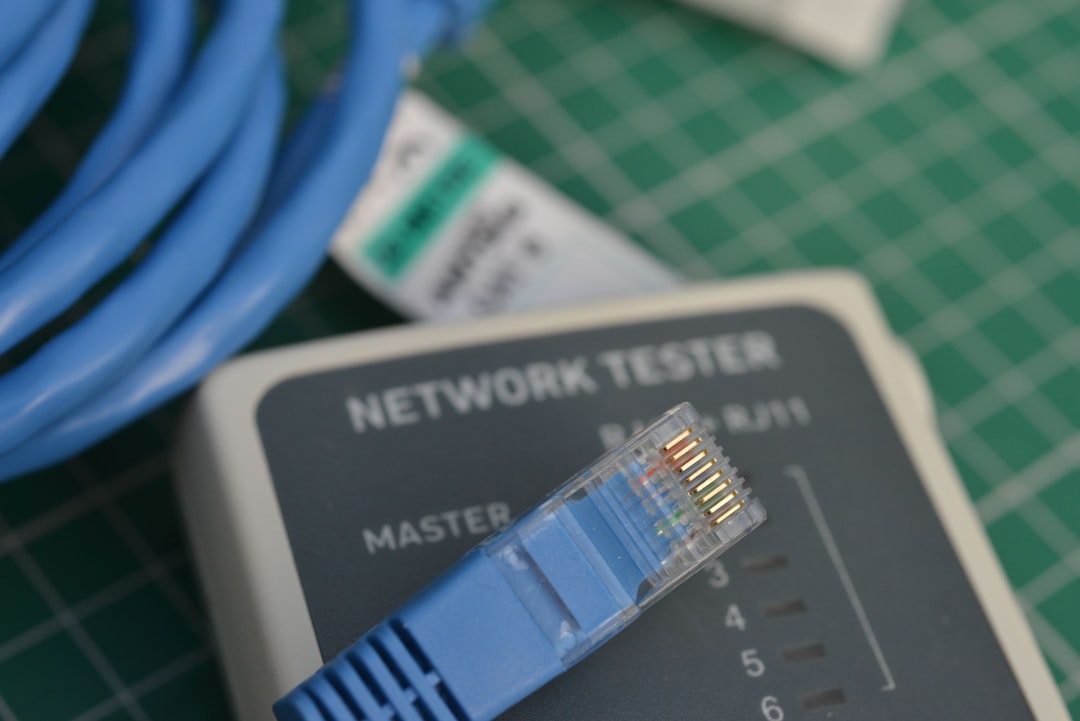GitHub Copilot has become an essential tool for developers, enhancing productivity by offering AI-powered code suggestions directly in Visual Studio Code (VS Code). However, some users encounter issues when GitHub Copilot stops working after an accidental block — sometimes due to a misclick, unwanted extension conflicts, firewall restrictions, or even token expiration. When such issues arise, Copilot seems inaccessible, but the issue can often be resolved with a few careful steps.
This guide walks you through how to unblock GitHub Copilot in VS Code after an accidental block. Whether you’re a seasoned developer or just starting to explore the magic of AI-powered code assistance, this article provides systematic solutions to get you back on track. If Copilot suddenly stopped showing suggestions or its status displays as disconnected or not authorized, read on.
Step-by-Step Instructions to Unblock GitHub Copilot
1. Verify GitHub Copilot Extension is Installed
First, confirm that the Copilot extension is installed and enabled in VS Code:
- Open VS Code.
- Navigate to Extensions (or press Ctrl+Shift+X).
- Search for “GitHub Copilot.”
- Ensure that it shows as installed and enabled.
If it’s disabled, click the Enable button. If you uninstalled it by accident, click Install to restore the extension.
2. Check the Copilot Status in VS Code
Once the extension is installed and enabled, look at Copilot’s status:
- You’ll see a Copilot icon in the bottom status bar of VS Code.
- If it says “Not authorized” or “Disconnected“, you may need to re-authenticate.
Click the Copilot icon or run the command palette with Ctrl+Shift+P and search for:
GitHub: Sign InAfter signing in, wait a few seconds to allow Copilot to reconnect.
3. Use the Command Palette to Re-enable Copilot
If Copilot has been accidentally disabled, you can re-enable it from the command palette:
- Press Ctrl+Shift+P to open the command palette.
- Type “Copilot” and select GitHub Copilot: Enable.
This action reactivates Copilot suggestions if they were turned off previously.

4. Check Your GitHub Copilot Subscription
GitHub Copilot requires an active subscription. If your subscription has expired or was canceled, the extension will stop working. To confirm:
- Visit https://github.com/settings/copilot
- Ensure your subscription is active.
- If not, follow the on-site prompts to reactivate it.
5. Review Visual Studio Code Settings
It’s possible that Copilot is functioning but blocked at the user or workspace settings level. To verify:
- Go to File > Preferences > Settings.
- Type Copilot in the settings search bar.
- Ensure options such as “Enable for all languages” or “Enable Suggestions” are checked.
Adjust settings to your preference but make sure they’re not inadvertently disabling Copilot functionality in select languages or projects.
6. Check for Conflicting Extensions
Some extensions—especially formatting, linting, or syntax helper tools—may interfere with Copilot. Try this to isolate the problem:
- Open a new VS Code window.
- Run VS Code in Safe Mode or disable all other extensions temporarily.
If Copilot resumes function, the issue arises from a conflicting extension. Re-enable extensions one by one to identify the culprit.
7. Disable Firewalls or Policy Blocks
If your machine or network employs strict firewalls or proxy configurations, Copilot may not be able to reach GitHub’s servers. Ensure the following hosts are whitelisted:
https://github.comhttps://api.github.comhttps://copilot-proxy.githubusercontent.com
Also, check if your organization enforces Content Security Policies (CSPs) that intentionally block remote extension functionality. If so, contact your system administrator.

8. Reset Copilot Extension
As a last resort, resetting the Copilot extension can sometimes resolve stubborn blocks:
- Uninstall GitHub Copilot from VS Code.
- Manually delete leftover configuration folders (usually under
.vscodeor system temp dirs). - Reinstall the extension from the marketplace.
After reinstallation, re-authenticate with GitHub, and most Copilot features should return.
Prevention Tips
After resolving the issue, consider these best practices to prevent accidental blocks in the future:
- Avoid clicking “Don’t Show Again” on Copilot permission prompts.
- Regularly back up your configuration settings.json file.
- Keep Copilot and VS Code extensions updated to the latest versions.
Conclusion
Unblocking GitHub Copilot in VS Code is often a matter of checking extension integrity, reviewing settings, and ensuring you’re properly signed in. With the right combination of authentication and configuration tweaks, most accidental blocks can be resolved quickly.
Whether the problem stems from a simple extension toggle or a deeper firewall restriction, following the steps in this guide should help you restore productivity and take full advantage of GitHub Copilot’s AI-driven coding capabilities.
Frequently Asked Questions (FAQ)
-
Q: Why did GitHub Copilot stop working after I dismissed a prompt?
A: Dismissing or blocking a prompt can disable certain permissions. You can fix this by re-enabling Copilot in the command palette or checking your settings. -
Q: How do I check if Copilot is enabled for my current language?
A: Go to VS Code settings and ensure Copilot is enabled for all languages, or manually configure language-specific settings if needed. -
Q: Does GitHub Copilot work offline?
A: No, GitHub Copilot requires an internet connection to access AI models hosted on GitHub servers. -
Q: What do I do if Copilot suggestions are showing partially or not at all?
A: Try reloading VS Code, signing in again, or disabling conflicting extensions to resolve display issues. -
Q: Can organization-level policies block Copilot?
A: Yes, some companies restrict network traffic or extension access. You may need admin assistance to whitelist necessary URLs.




